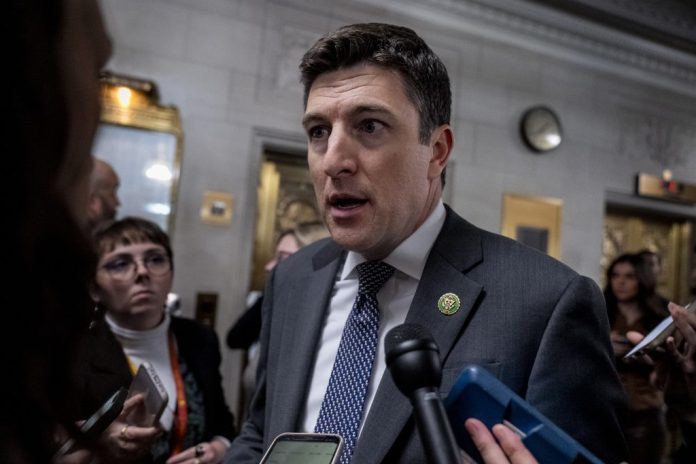Wisconsin receives ‘B’ for taxpayer pension obligations in report
The article reports that Wisconsin received a “B” grade for its taxpayer pension obligations in the recent financial assessment by Truth in Accounting’s State of the State report. The state has a financial surplus of $1,100 per resident and ranked 23rd out of 50 states, with 25 states showing negative pension and health care benefit obligations for government workers. Sheila Weinberg, Founder and CEO of Truth in Accounting, highlighted Wisconsin’s $1.5 billion retiree health care liability as a major concern, especially if federal COVID-related funding decreases. The state’s newly passed budget totals $113.7 billion over two years, with a planned $3.6 billion deficit spending. Despite a general fund surplus of $4.4 billion entering the budget, spending down reserves during a relatively strong economy raises concerns. Weinberg advocates reform of the federal Employee Retirement Income Security Act (ERISA) to prevent states like Wisconsin, which have funded pensions properly, from being negatively impacted by states with poor funding like Illinois. Illinois ranks 48th with high liabilities, whereas North Dakota has the highest surplus per taxpayer.
Wisconsin receives ‘B’ for taxpayer pension obligations in financial report
(The Center Square) – Wisconsin was graded with a “B” with a $1,100 financial surplus per resident in Truth in Accounting’s new State of the State report.
The Wisconsin numbers ranked the state 23rd out of 50 states while 25 states had negative obligations related to pensions and promised health care benefits to government workers.
Truth in Accounting Founder and CEO Sheila Weinberg told The Center Square that the state’s $1.5 billion in retiree health care liability as her largest concern on the state’s ledger.
“Wisconsin is usually doing pretty well but we are nervous about the federal funding drying up,” Weinberg said. “During COVID, the funding was increased for all of the states.”
Weinberg said that, if funding went back to pre-COVID levels less inflation that Wisconsin would lose $4.2 billion, which was around 8% of the state’s primary government expenses.
Wisconsin’s recently passed budget calls for $113.7 billion of spending over two years, an average of nearly $56.9 billion per year, with $3.6 billion of deficit spending over the two years.
Wisconsin had a $6.9 billion budget balance entering the last biennial budget and a $4.4 billion general fund surplus entering this budget with an estimated $714 million balance after this budget spends down $3.6 billion of the surplus.
“Keep in mind that now, theoretically, the economy is doing pretty well, so you shouldn’t have to be spending down reserves,” Weinberg said.
Weinberg said that her group has pushed for reform of the federal Employee Retirement Income Security Act so that Wisconsin and other states that have funded their pension liabilities won’t be held accountable for states such as Illinois that have not.
TOM TIFFANY LAUNCHES CAMPAIGN FOR GOVERNOR OF WISCONSIN
ERISA requires federal governments to fund those liabilities but not state and local governments.
Illinois was described by the report as a sinkhole state, ranking 48th overall with liabilities equal to $38,800 per taxpayer. North Dakota had the highest surplus at $63,300 per taxpayer.
" Conservative News Daily does not always share or support the views and opinions expressed here; they are just those of the writer."




